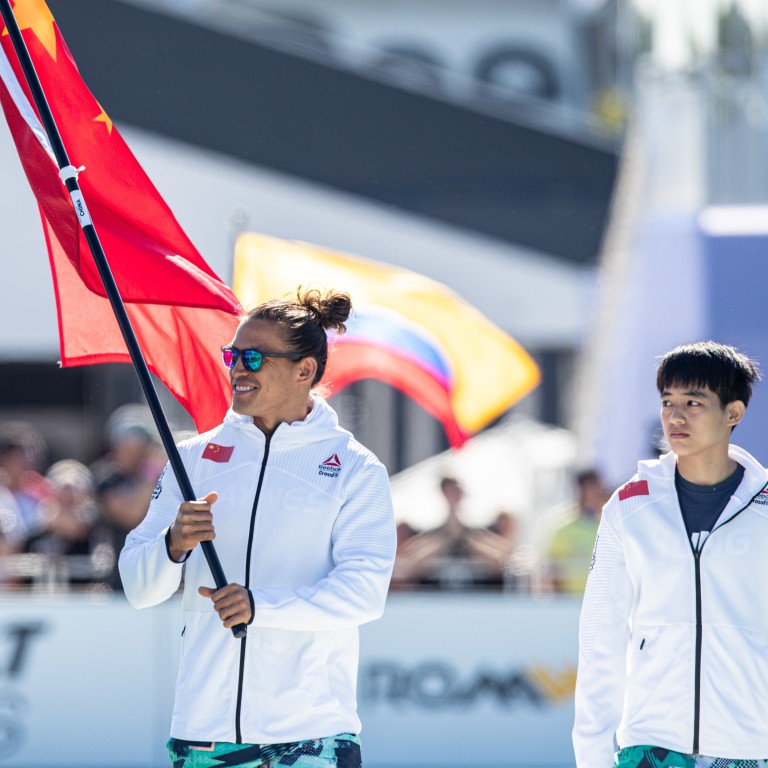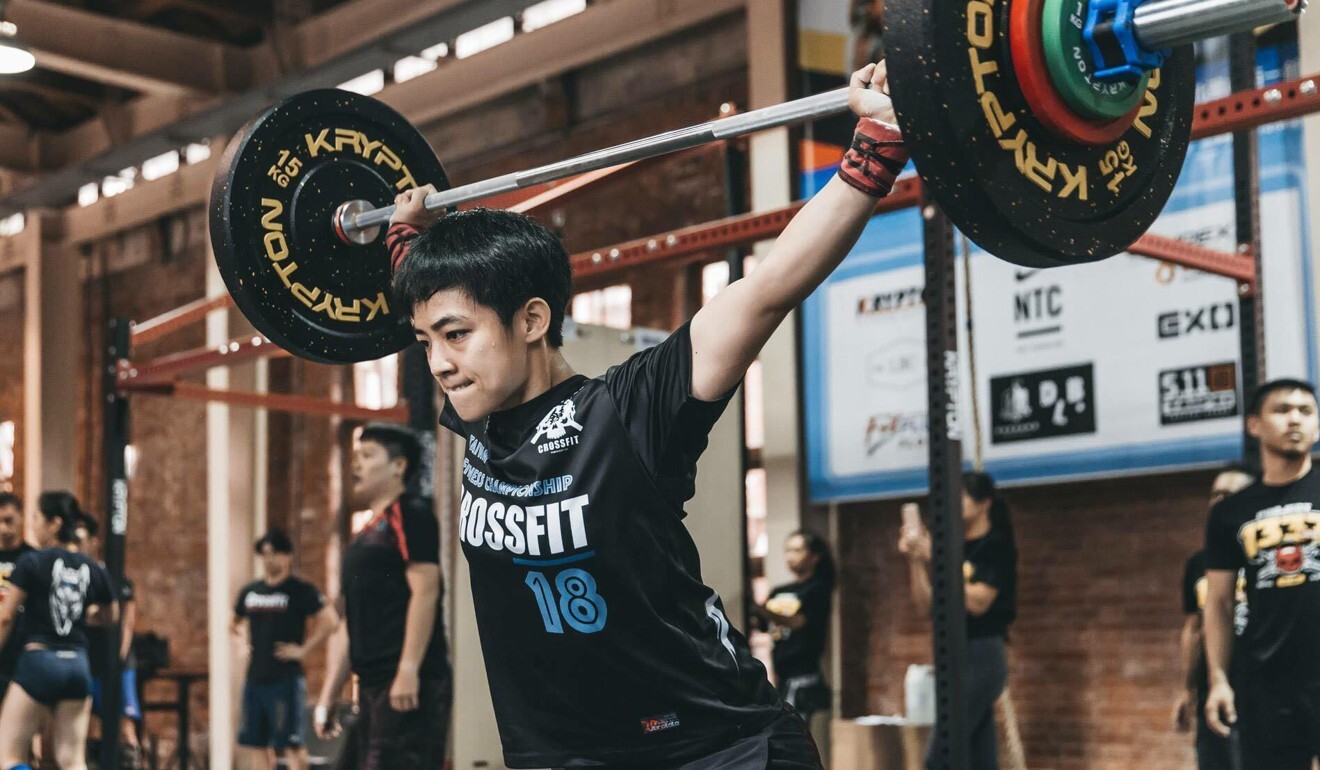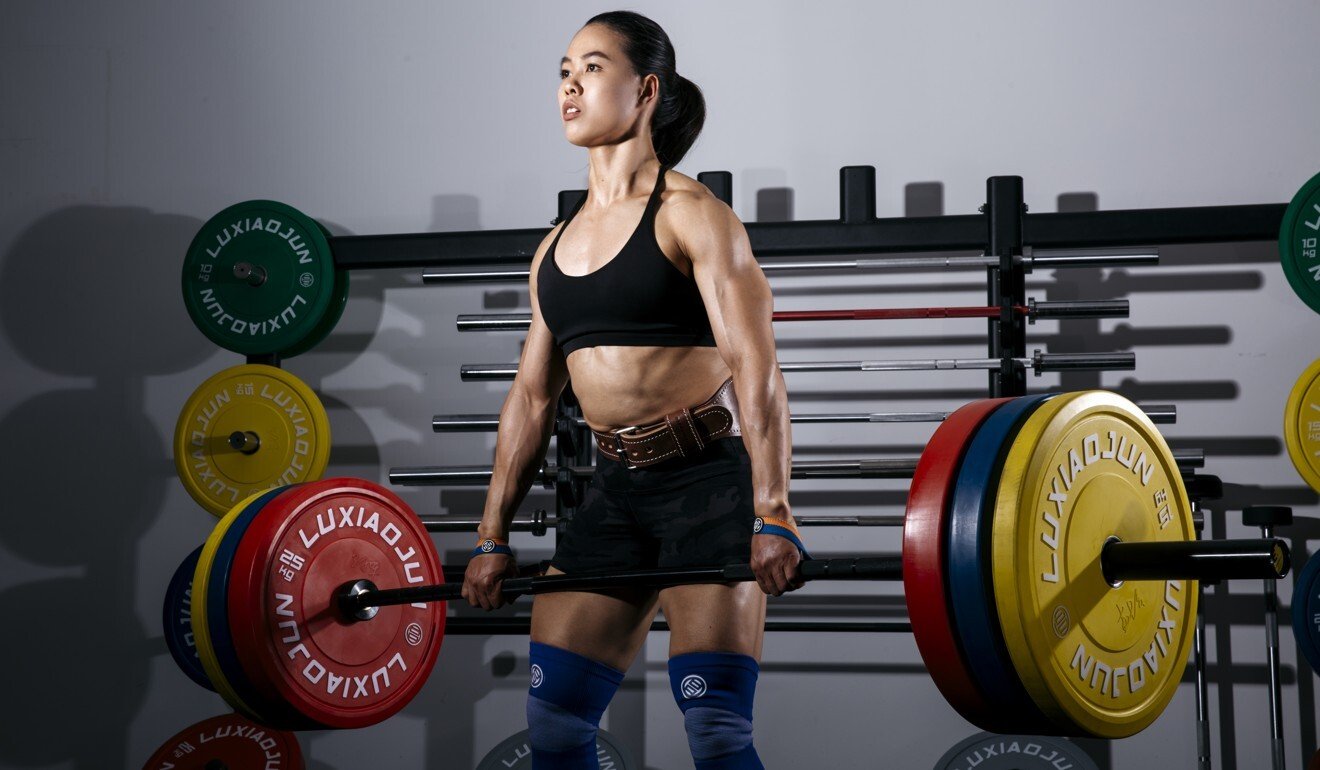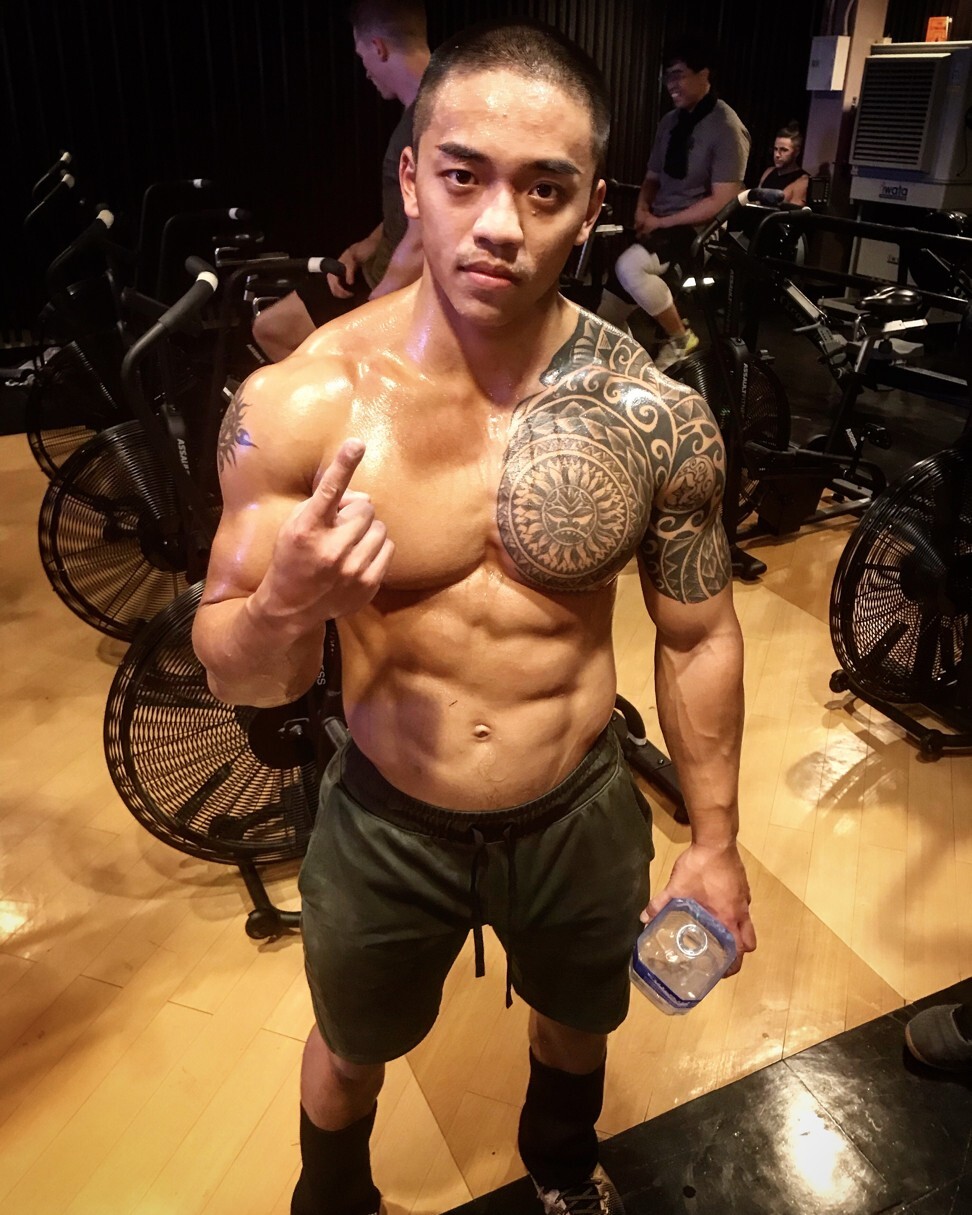
Should Taiwan and Hong Kong have their own CrossFit champions instead of competing for China?
- Former CEO and founder Greg Glassman ushered in sweeping overhaul to CrossFit Games in 2019, introducing ‘country champions’
- Although recognised separately by the International Olympic Committee, Hong Kong and Taiwan athletes compete for China in CrossFit
The story of how CrossFit’s “country champions” came about is one of the sport’s massive metamorphosis, which took place in 2020, and the lasting impact it had on its athletes.
In Autumn 2018, then-CEO and founder Greg Glassman announced a host of changes to the sport and its marquee event, the CrossFit Games. Regionals – a staple of the competitive calendar – were gone, and a number of “Sanctionals” would take their place.
“Country champions” would also be crowned, which meant that if you could win the CrossFit Open (a five-week online competition which serves as the first qualifying event of the season) then you could go to the 2019 CrossFit Games and compete against the best of the best for your nation.

A CrossFit representative also clarified why Hong Kong and Taiwan would fall under China when it came to country champions, given the sport was following “US foreign policy”. According to the US Department of State, the “United States does not support Taiwan independence”. However, “maintaining strong, unofficial relations with Taiwan is a major US goal, in line with the US desire to further peace and stability in Asia”.
Taiwan’s CrossFitters ‘angry’ at having to carry China’s flag
Beijing considers Taiwan its territory that must return to the mainland fold, by force if necessary.
Hung said the whole thing was a misunderstanding.
“The Games organiser already assigned Ant [Haynes] to hold the flag with his name on the list, and they had never requested me to hold it, so where did I get the chance to refuse the opportunity? I have no idea where she got the story from,” she said.

Haynes, who had been China’s top male in the past two years, said only one person from each nation was selected to hold the flag, something that was designated before the Games started.
“Yes, Ruei didn’t really want to hold it, but she wasn’t supposed to anyway,” he said, noting all countries with more than one representative had to choose who would hold the flag, a common sight at various international sporting events. “She is Taiwanese at the end of the day.”

The problem is that CrossFit is booming in Taiwan, and has stagnated on the mainland, and the chances of a Taiwanese athlete snatching one of the two titles next year is a serious possibility.

